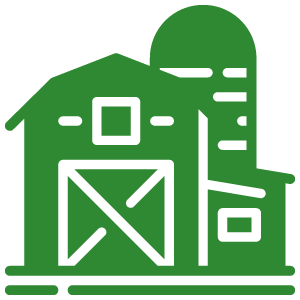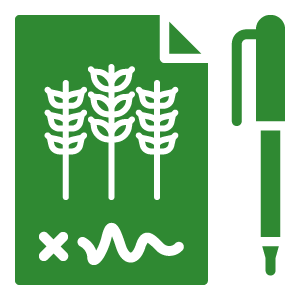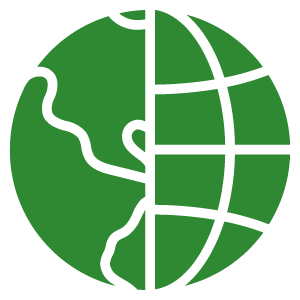How I can help
I can help clients understand and assimilate the history, present climate, and the future directions of Genetically Engineered (GE) technology. Policy makers and stakeholders stand to benefit from utilizing my knowledge and experience.
Clients from different backgrounds view the technology from their own perspectives; I assist individuals and groups to understand the perspectives of others in order to navigate agricultural biotechnology and related issues.
I am part of an extensive network of experts in countries around the world which gives me access to information and understanding of subjects often unavailable to the public.
If you are interested in working together, start by getting in contact with me. From there we can arrange a discussion so I can better understand how I can help.
My background
I am an independent consultant with no financial connection to any biotechnology company. I have been a faculty member at Vancouver Island University since 1995, and while at VIU I specialized in Genetically Engineered (GE) crop technology with an emphasis on public outreach. I am switching to full time work in the agricultural biotechnology field.
How will we feed 10 billion people?
I firmly believe that the only way we are going to be able to feed a population of 10 billion people is by working together to form sustainable agricultural practices.
My consultancy work helps different groups and individuals understand each other's unique perspectives (outlined below) so we can have a meaningful dialogue regarding large-scale sustainable agriculture.
-

Farmers
Farmers understand how complex growing food is, but they need help getting involved in the public debate on food. They need the best of technology to help them, but large economic forces are trying to limit what technologies farmers can use.
-

Regulatory Groups
Regulators see the scientific data, but often fail to appreciate the consequences of not allowing innovations. The Precautionary Principle is a tool that is often misapplied when making regulatory decisions.
-

Government
Governments are increasingly basing public policy on fear-based misinformation provided by well-funded special interest groups. For the most part, special interest groups do not reflect mainstream scientific opinion nor do they represent typical public opinion. Governments must look beyond the fear in order to develop sound public policy. Governments around the world have started to realize the consequences of saying no to innovation.
-

Trade Organizations
Agricultural trade encompasses small farms with a local base, regional and national partnerships, and international trade agreements. Technological advances and economic considerations have always played key roles in trade. Social licence and politics must also be considered in the business plan.
“Robert Wager is a FUD-buster. Wager is well aware of the fear, uncertainty, and doubt (FUD) surrounding biotechnology. So, he uses his training as a biochemist, molecular biologist, and communication to help the public and policymakers separate fiction from fact.”
CropLife International